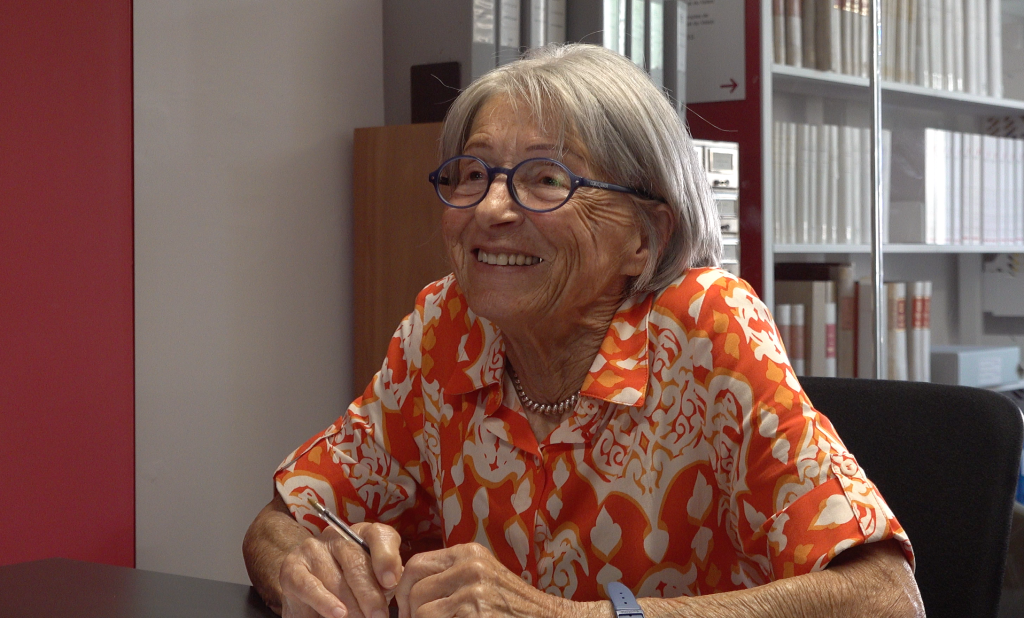Gabrielle Nanchen was one of the first ten women elected to the Swiss National Council in 1971. Her biography is a testament to the long and often difficult road women have had to travel in Switzerland to achieve their rights and political participation. As the daughter of a multicultural family with Italian, French and German roots, she experienced Switzerland as a country that, despite challenges, was able to integrate people from different cultures and countries of origin into important political roles.
She developed a deep passion for social justice as a young woman at the University of Lausanne, where she studied social sciences and social work in the 1960s. Her sisters, who were involved in independence and social movements, inspired her to become politically active far beyond national borders. In particular, the struggle against apartheid in South Africa and other global injustices shaped her path and opened her eyes to the need to fight against all forms of oppression.
Her political career also took her to the Swiss Federal Commission for Women’s Issues, where she contributed her expertise on political and social issues. Her exchange with important personalities such as Ruth Dreifuss deepened her political understanding. In 1985, she was the Swiss delegate to the UN Women’s Forum in Nairobi. She became interested in the situation of women in the world and the challenges they face. This experience broadened her perspective and strengthened her conviction that the fight for gender equality is a universal issue.
Today, Gabrielle Nanchen continues to work for intercultural dialogue and peaceful coexistence, as well as on the issue of climate change. With decades of political experience and a deep passion for justice, she continues to fight for a better future for our planet and its inhabitants. Today, her commitment is most evident in her writing, particularly in the young adult book “Fatimatou and the Glacier”, recently published by Editions Ouverture.

